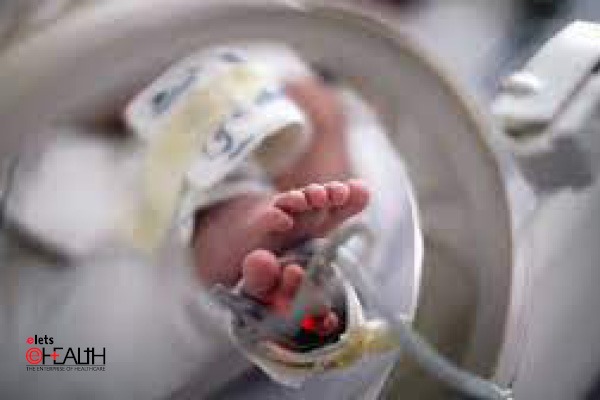
India close to realising SDG target of Maternal Mortality Ratio (MMR) of 70/ lakh live births by 2030In a noteworthy achievement, Maternal Mortality Ratio (MMR) of the country has declined by 10 points. This was stated by the Special Bulletin on MMR released by the Registrar General of India. The ratio has declined from 113 in 2016-18 to 103 in 2017-19 (8.8 % decline). India has been witnessing a progressive reduction in MMR from 130 in 2014-2016, 122 in 2015-17, 113 in 2016-18, and to 103 in 2017-19.
With this persistent decline, the country is on the verge of achieving National Health Policy (NHP) target of 100/lakh live births by 2020 and on track to achieve the SDG target of 70/ lakh live births by 2030. The number of states which have achieved the Sustainable Development Goal (SDG) target has now risen from 5 to 7 viz. Kerala (30), Maharashtra (38), Telangana (56), Tamil Nadu (58), Andhra Pradesh (58), Jharkhand (61), and Gujarat (70). There are now nine (9) States that have achieved the target of MMR set by the NHP which include the above 7 and the States of Karnataka (83) and Haryana (96), as shared by the official government communication.

Five states [Uttarakhand (101), West Bengal (109), Punjab (114), Bihar (130), Odisha (136) and Rajasthan (141)] have MMR in between 100-150, while for 4 states namely, Chhattisgarh (160), Madhya Pradesh (163), Uttar Pradesh (167) and Assam (205) have MMR above 150.
Encouraging achievement has been reported by Uttar Pradesh [which has shown the maximum decline of 30 points], Rajasthan (23 points), Bihar (19 points), Punjab (15 points) and Odisha (14 points).
Remarkably, three states (Kerala, Maharashtra and Uttar Pradesh) have shown more than 15% decline in MMR, while 6 states namely, Jharkhand, Rajasthan, Bihar, Punjab, Telangana, and Andhra Pradesh have shown a decline between 10-15%. Four states viz. Madhya Pradesh, Gujarat, Odisha and Karnataka witnessed a decline between 5-10%.

Four states including West Bengal, Haryana, Uttarakhand and Chhattisgarh have shown an increase in MMR and hence will need to reappraise their strategy and intensify their efforts to accelerate the MMR decline to achieve the SDG target.
It is pertinent to point that strategic investments under National Health Mission (NHM) through various schemes have been consistently yielding increasing dividends. Remarkable gains have been made under quality-of-care endeavours by Government of India like Pradhan Mantri Surakshit Matritva Abhiyan and Labour Room Quality Improvement Initiative (LaQshya) in conjunction with the existing schemes like Janani Shishu Suraksha Karyakram and Janani Suraksha Yojana. Additionally, flagship schemes by MoWCD such as the Pradhan Mantri Matru Vandana Yojana (PMMVY) and Poshan Abhiyan target nutrition delivery for vulnerable populations, particularly pregnant and nursing women and children.
The achievement also bolsters Government of India’s resolve to ‘Surakshit Matritva Aashwasan’ for the women by creating a responsive health care system which strives to achieve zero preventable maternal and newborn deaths. Furthermore, The Union health Minister has launched Maternal Perinatal Child Death Surveillance Response (MPCDSR) software in 2021 to create a one-stop integrated information platform to capture actionable data for both maternal deaths. Together with this, Government of India has initiated creation of new cadre of “Nurse Practitioner in Midwifery” under the Midwifery Initiative to ensure a positive child birth experience for women with respect and dignity at the Midwifery care led units, which are underway at high case load facilities.
Be a part of Elets Collaborative Initiatives. Join Us for Upcoming Events and explore business opportunities. Like us on Facebook , connect with us on LinkedIn and follow us on Twitter , Instagram.












